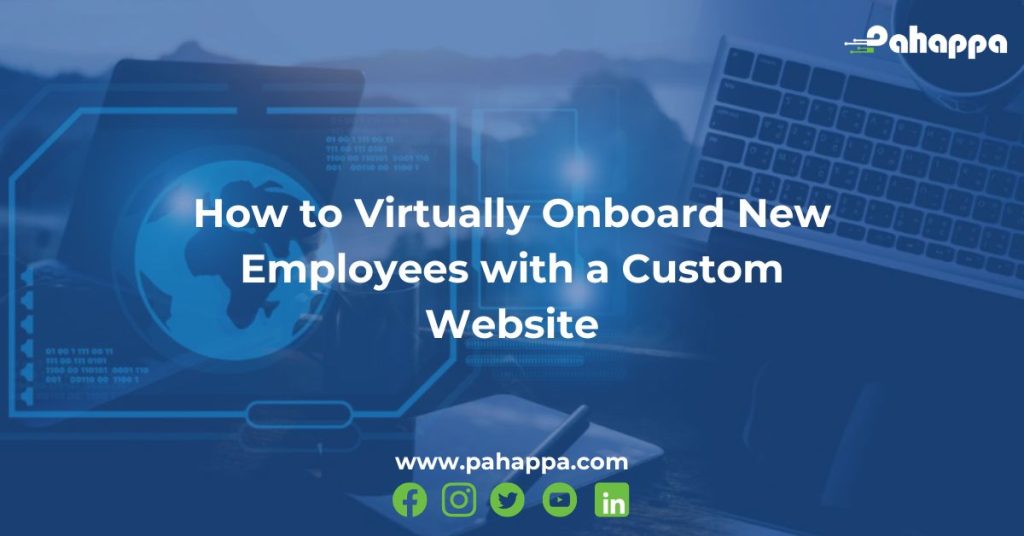Starting an e-commerce business can be an exciting and rewarding experience. It’s a chance to be your own boss, set your own hours, and work on a project that you’re passionate about. But it’s important to remember that launching an e-commerce business takes hard work, dedication, and planning. It’s important to do your research and develop a solid plan. In this step-by-step guide, we walk you through the process of launching your own e-commerce business, from choosing a niche to marketing your products or services.
Process of launching your own e-commerce business
- Choose a niche
Choosing a niche is important because it allows you to focus your business on a specific group of customers and their needs. This will make it easier for you to market your products or services and develop a strong brand identity.
When choosing a niche, consider the following factors:
- Passion: What are you passionate about? What do you enjoy talking about and learning about? Choosing a niche that you’re passionate about will make it easier to stay motivated and excited about your business.
- Expertise: What do you know a lot about? What skills and experience do you have that you can bring to your business? Choosing a niche where you have expertise will give you a competitive advantage.
- Market size: Is there a large enough market for your products or services? You want to choose a niche that is large enough to support your business, but not so large that it’s too competitive.
- Profitability: Is it possible to make a profit in the niche you’re considering? Research the average profit margins for businesses in your niche to get an idea of what to expect.
- Set up your e-commerce platform
Once you’ve chosen a niche, you need to set up your e-commerce platform. This is the software that will power your online store. There are a number of different e-commerce platforms available, each with its own strengths and weaknesses.
When choosing an e-commerce platform, consider the following factors:
- Ease of use: How easy is the platform to use? If you’re not a tech expert, you’ll want to choose a platform that is easy to set up and manage.
- Features: What features does the platform offer? Make sure the platform has all of the features you need, such as a secure payment processing system, shipping integration, and inventory management.
- Cost: How much does the platform cost? E-commerce platforms can range in price from free to several hundred dollars per month. Choose a platform that fits your budget and needs.
- Source products and suppliers
If you’re selling physical products, you’ll need to find suppliers who can provide you with high-quality products at a competitive price. You can find suppliers online, at trade shows, or through networking.
When choosing suppliers, consider the following factors:
- Quality: Make sure the supplier can provide you with high-quality products.
- Price: Get quotes from multiple suppliers to compare prices.
- Reliability: Can the supplier deliver the products on time and in good condition?
- Customer service: Does the supplier have a good reputation for customer service?
- Create compelling product descriptions
Your product descriptions should be informative and persuasive. They should highlight the benefits of your products or services and convince potential customers to make a purchase.
When writing product descriptions, consider the following tips:
- Be specific: Include clear and concise information about the features, specifications, and benefits of each product or service.
- Use keywords: Include relevant keywords in your product descriptions so that potential customers can easily find your products when they search online.
- Be persuasive: Highlight the benefits of your products or services and explain why customers should choose your products over the competition.
- Set competitive prices
You want to set your prices high enough to cover your costs and make a profit, but you also want to make sure your prices are competitive. Do some research to see what other businesses in your niche are charging for similar products or services
When setting prices, consider the following factors:
- Your costs: How much does it cost you to produce or acquire your products or services?
- Your profit margin: How much profit do you want to make on each sale?
- Your competition: What are other businesses in your niche charging for similar products or services?
- Customer demand: How much are customers willing to pay for your products or services?
- Market your e-commerce business
Once you have everything set up, you need to start marketing your e-commerce business to your target audience. There are a number of different marketing channels you can use, such as search engine optimization (SEO), pay-per-click (PPC) advertising, social media marketing, and email marketing.
When choosing marketing channels, consider the following factors:
- Your target audience: Where does your target audience spend their time online? Choose marketing channels where you can reach your target audience
Tips for launching a successful e-commerce business
- Start small and scale up
Don’t try to do too much too soon. Start with a small number of products or services and focus on building a customer base. Once you’ve established a successful business, you can start to expand your product offerings and market to a wider audience.
- Be patient and persistent
It takes time to build a successful e-commerce business. Don’t get discouraged if you don’t see results immediately. Just keep working hard and providing excellent customer service, and you’ll eventually be rewarded.
- Use technology to your advantage
There are a number of different technologies available that can help you run your e-commerce business more efficiently and effectively. For example, you can use customer relationship management (CRM) software to track customer interactions and sales, and you can use inventory management software to track your inventory levels and orders.
- Get help from others
There are a number of people and resources available to help you launch and grow your e-commerce business. For example, you can hire a mentor or consultant to provide you with guidance and support. You can also join online communities and forums where you can connect with other e-commerce business owners and learn from their experiences.
Launching an e-commerce business can be a rewarding experience, but it’s important to be prepared. Follow the steps outlined in this guide to increase your chances of success. If you need help designing a professional and user-friendly e-commerce website, contact us today. We offer a variety of e-commerce website design services to meet your needs and budget.











